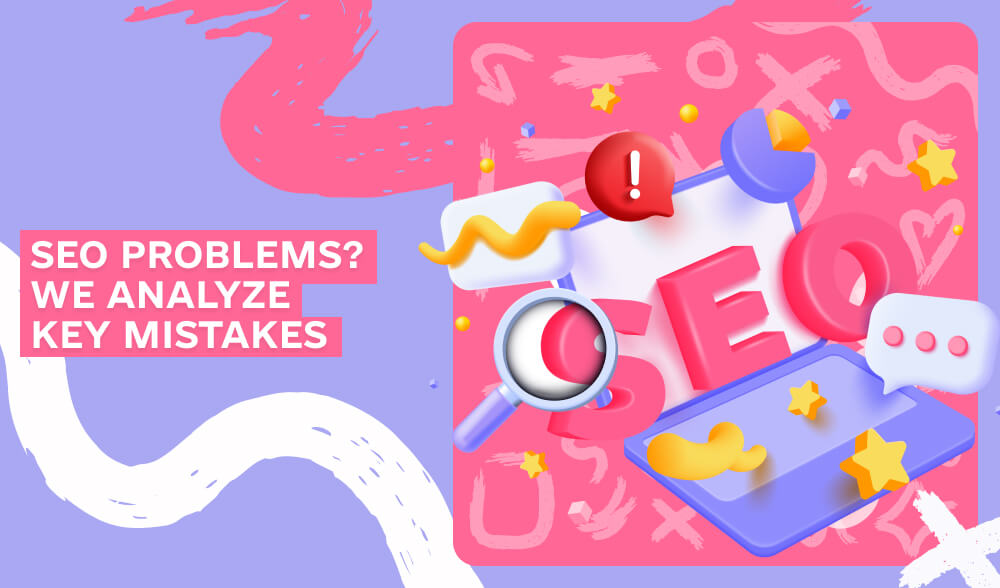Don't miss interesting news

Building a high-quality link profile is the basis for effective website promotion. However, even minor mistakes in link building can have a negative impact on SEO, lower search engine rankings, or lead to unreasonable costs. This happens especially often to beginners who try to master the process on their own.
The formula “right link + carefully chosen platform + competent anchor + useful content” seems obvious. But then why do the results vary significantly even with the same approach? The secret is in the details: experience, systematic approach, regular analysis, and attention to nuances. Let’s take a look at common mistakes in link building and tips to help you avoid them.
A common problem for many beginners is the lack of a clear plan. Haphazard actions lead to wastage of budget and sometimes to search engine penalties. To avoid this, you should follow a few important principles:
Links do not have an “eternal” validity period. Over time, they can lose their effectiveness for the following reasons
To minimize these risks, it is important to create high-quality and relevant content and work with different platforms. Regular monitoring of indexing and traffic will help you notice changes in a timely manner.
Not all platforms presented on exchanges are suitable for placement. Many platforms have low traffic rates or hide links from indexing. What you should pay attention to:
Careful selection of donors and constant monitoring of their activity is the key to successful promotion.
Texts with links should not only be interesting for the audience, but also meet the requirements of search engines. This means uniqueness, relevance, and optimal length (at least 2000 characters). In addition:
Financial or medical resources require compliance with the EEAT principles of expertise, authority, and reliability. Without this, links will not be effective, and the site may lose the trust of search engines.
Regular analysis of the results is an integral part of the linking strategy. Checking indexing, monitoring changes in algorithms, and using special tools such as Pixel Tools or Rookee help to avoid penalties and increase efficiency.
Effective link building requires attention to all the details: from choosing donors and creating high-quality content to regular monitoring of results. Only a comprehensive approach will ensure high results and protect your resource from sanctions.